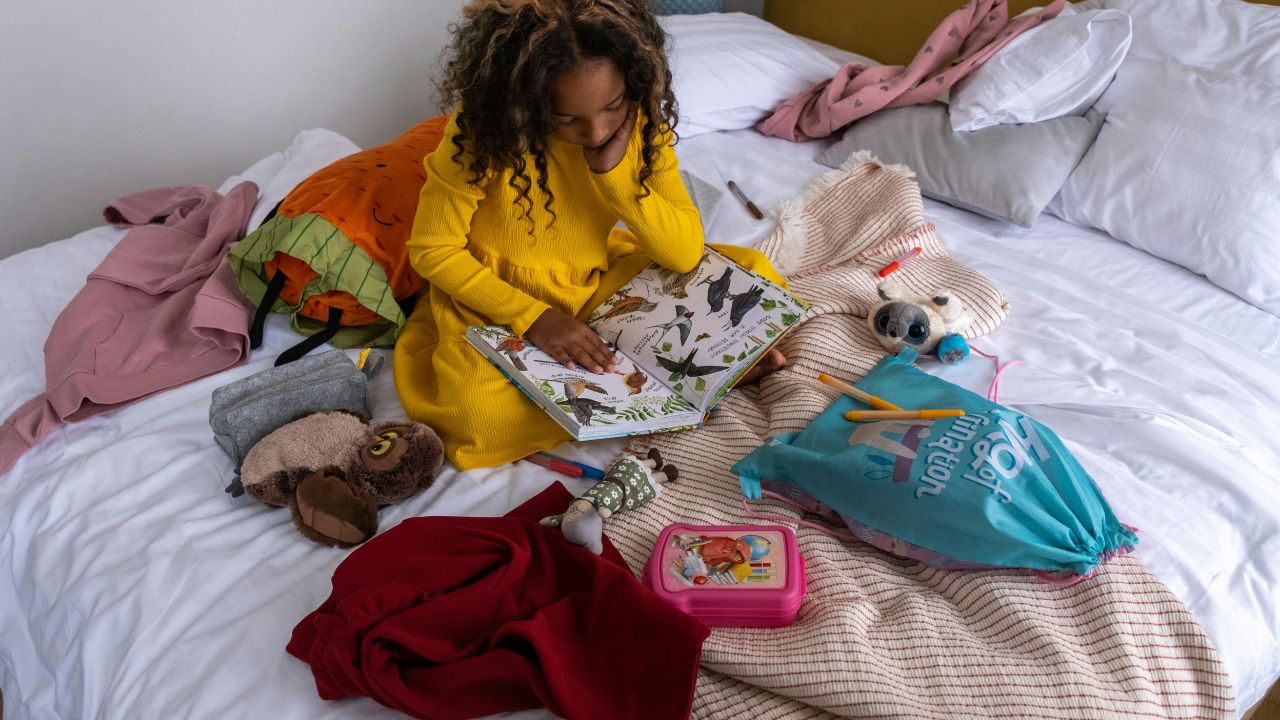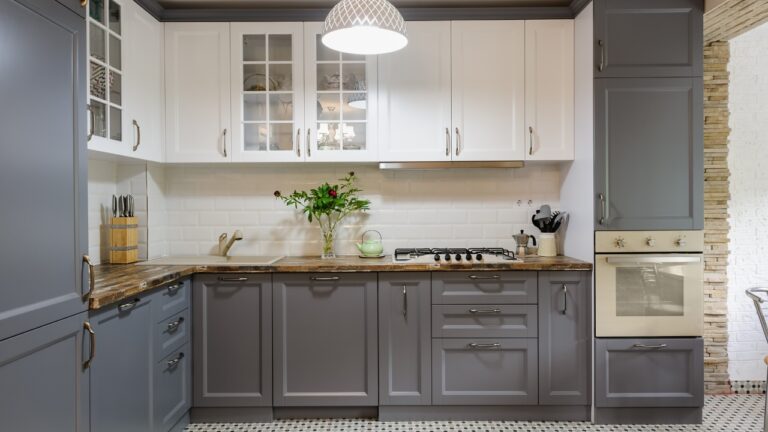7 Bedroom Habits That Make Sleep Harder
If you’re tossing and turning every night and waking up feeling like you barely slept, your bedroom setup might be working against you. Good sleep isn’t just about getting to bed on time. It’s about what you do before and during those hours.
The space you sleep in—how it looks, feels, sounds, and even smells—plays a bigger role than most people realize. These are the habits that could be sabotaging your sleep without you even noticing.
Falling Asleep With the TV On

It might feel comforting to drift off with a show playing in the background, but your brain never fully powers down when the screen is flashing all night. The noise and light mess with your sleep cycles even if you don’t fully wake up.
Try setting a sleep timer if you like the background noise. Or better yet, switch to something like a fan or sound machine that doesn’t come with light or plot twists.
Keeping Your Phone Within Reach

It’s easy to check the time, scroll before bed, or look something up “real quick,” but having your phone next to your bed can keep your mind overstimulated when it needs to wind down.
Even when you’re not using it, the notifications and light exposure can mess with your melatonin levels. Put it across the room, face down, or use a low-tech alarm clock to avoid the temptation.
Skipping the Bedroom Clean-Up

A cluttered bedroom doesn’t feel restful, even if you think you’re used to it. Piles of laundry, messy nightstands, or random items on the floor can make your brain feel like the day isn’t finished.
A quick 5-minute tidy-up before bed can help your room feel more peaceful. You don’t need perfection—just a little less chaos to help you settle down.
Sleeping in a Room That’s Too Warm

Your body naturally cools down at night to help you fall asleep. If your bedroom is too warm, it can make it harder for that process to happen.
Aim for somewhere between 60 and 68 degrees. If you don’t have A/C or it’s not practical, try using a fan, breathable sheets, and keeping the curtains closed during the day to block heat.
Using Harsh Overhead Lighting at Night

Bright lights—especially cool-toned ones—signal to your brain that it’s time to be awake. That’s the opposite of what you want in the hour before bed.
Use warm, soft lighting in the evening and skip the overheads when you can. A small lamp or bedside light gives your body the cue that it’s time to start winding down.
Keeping Your Bed for Everything

If you eat, scroll, work, or lounge in bed during the day, your brain won’t fully associate it with sleep. That connection matters more than most people realize when it comes to falling asleep fast.
Try to use your bed only for sleep (and the other thing beds are for). Doing this trains your brain to shift into rest mode the second you lie down.
Forgetting to Check Your Mattress and Pillows

Over time, your mattress and pillows break down and stop supporting your body the way they should. That can lead to more tossing, stiffness, and waking up throughout the night.
If your mattress is sagging or your pillow flattens like a pancake, it might be time to upgrade. Even small changes like adding a mattress topper or getting a firmer pillow can make a difference.
*This article was developed with AI-powered tools and has been carefully reviewed by our editors.







